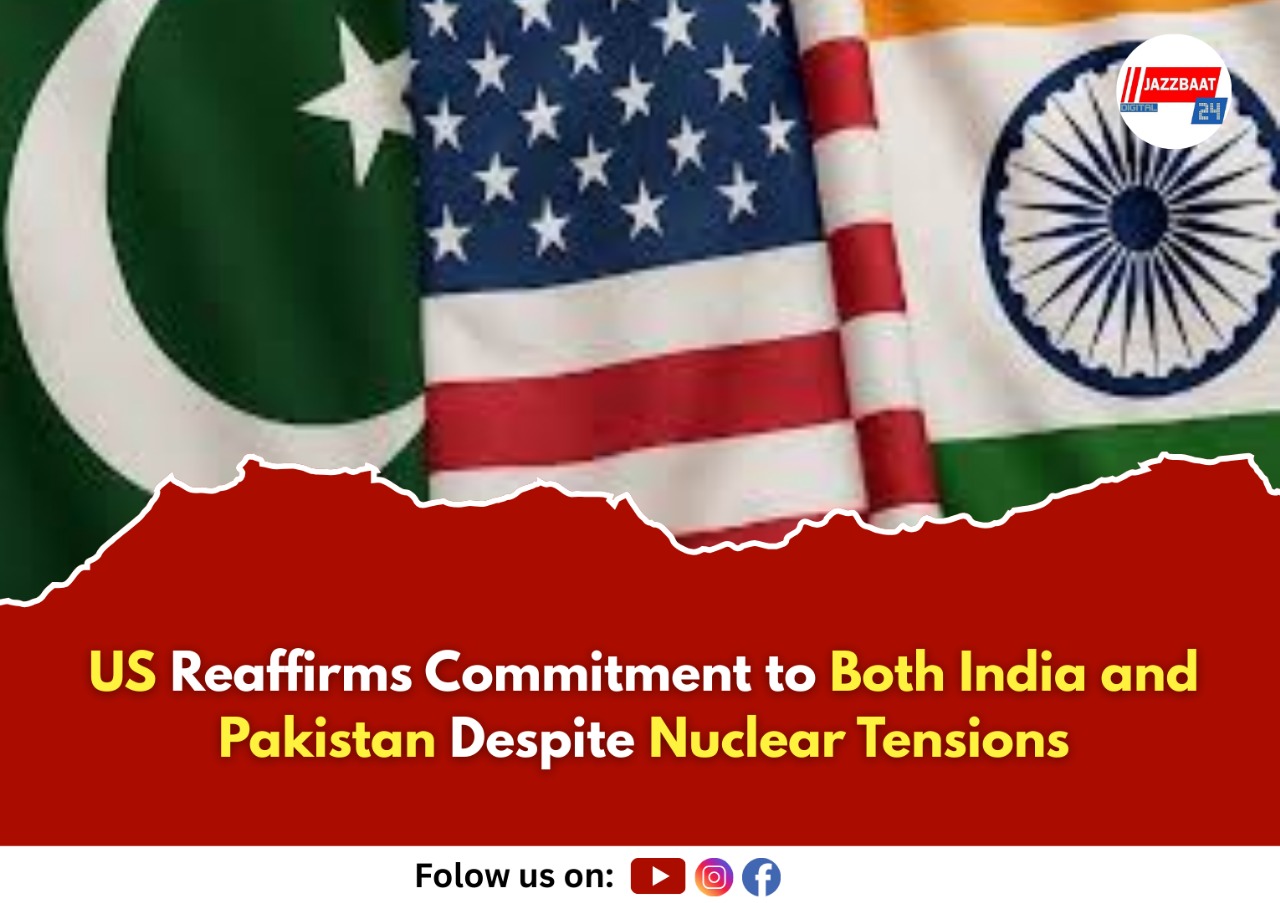
The United States has maintained its diplomatic stance of being "committed to both nations" following Pakistan Army Chief General Asim Munir's controversial nuclear threats against India during his recent visit to American soil.
State Department spokesperson Tammy Bruce addressed mounting concerns at a press briefing, emphasizing that Washington's relationship with both India and Pakistan "remains unchanged" despite the escalating rhetoric. Her comments came after General Munir reportedly declared that Pakistan could use nuclear weapons against India and potentially "half the world" if faced with an existential threat, remarks that marked an unprecedented nuclear threat delivered from US territory.
Bruce sought to reassure observers by highlighting recent US diplomatic successes in the region. She referenced the Trump administration's role in brokering a ceasefire between India and Pakistan following their recent military conflict, describing it as preventing what "could have developed into something quite horrible."
"There was immediate concern and movement with Vice President JD Vance, President Donald Trump, and Secretary of State Marco Rubio in addressing the nature of what was happening," Bruce explained, taking credit for diplomatic intervention that helped "stop the attacks" and bring both parties together.
The spokesperson's remarks reflected Washington's delicate balancing act in South Asia, where it seeks to maintain strategic partnerships with both nuclear-armed neighbors despite their longstanding rivalry.
Bruce also emphasized the ongoing US-Pakistan counter-terrorism dialogue, which was recently established in Islamabad. She noted that both countries "reaffirmed their shared commitment to combat terrorism in all its forms" and discussed enhanced cooperation to counter terrorist threats.
This security partnership has remained a cornerstone of US-Pakistan relations, even as broader diplomatic ties have experienced periodic tensions over the years.
General Munir's visit to Washington marked his second trip to the United States in less than two months, following a private meeting with President Trump in June. The frequency of these high-level engagements has raised questions about potential shifts in US policy toward the region.
When asked whether increased US assistance to Pakistan might come "at the expense of President Trump's relationship with PM Modi," Bruce firmly rejected such suggestions, reiterating that American diplomats remain "committed to both nations."
The timing of these developments is particularly sensitive, given ongoing tensions between India and Pakistan over various issues including water disputes and border security. Nuclear rhetoric from either side has historically drawn international concern, given both nations' substantial atomic arsenals.
Bruce concluded her remarks by emphasizing that US engagement with both countries serves broader regional interests. "For the region and for the world, the US working with both those nations is good news and will promote a future that's beneficial," she stated.
As the Trump administration navigates complex South Asian geopolitics, maintaining this diplomatic equilibrium while addressing legitimate security concerns from both sides remains a key challenge for US foreign policy in the region.